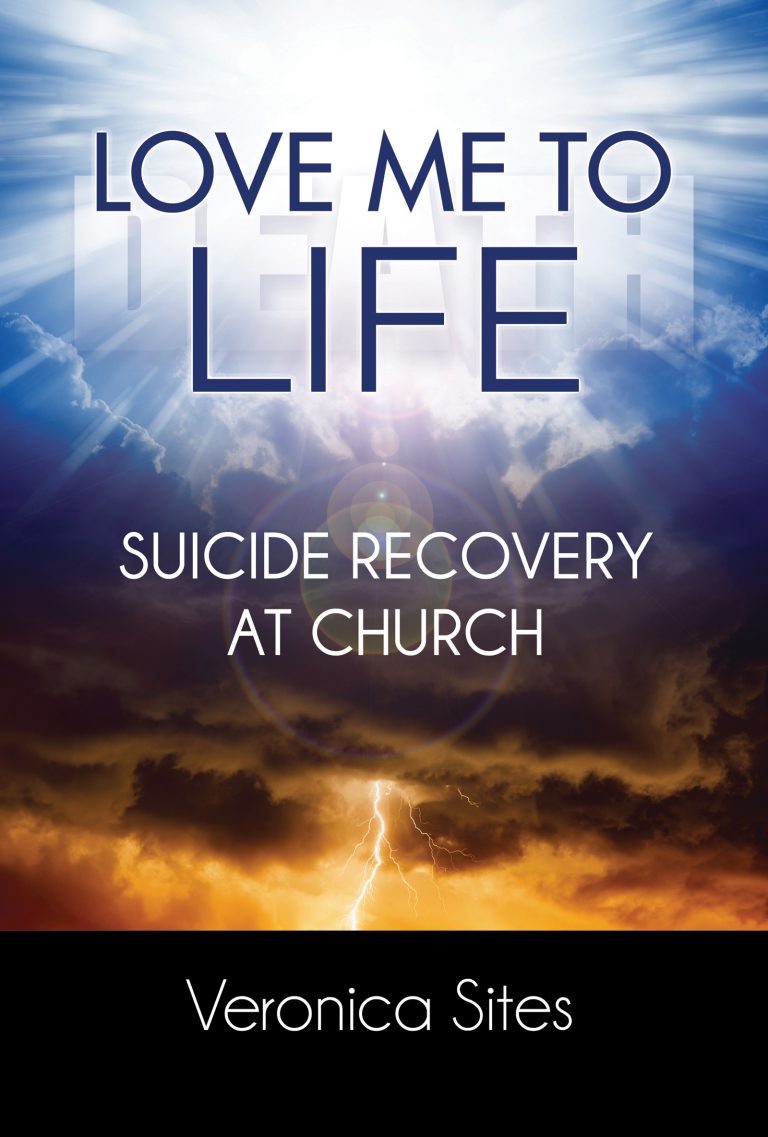The Beautiful Gate
I’ve been meditating a bit on Acts 3:1-10, the story of the healing of the lame man at the Beautiful gate of the temple. Often we look at stories like this and just think it’s a nice story of miraculous healing. But I believe that miracles are intended to communicate a message, and when they are told in detail, there’s a very important message there indeed.
I see this one in two parts. Now some folks are going to agree mostly with the first half of what I’m getting out of this passage, while others will agree with the second, but I think they go together.
There’s something ironic about a lame man begging at the “beautiful” gate. The name of the gate suggests attraction and welcome, and yet here he is, brought every day to watch people go into the temple and beg something from them. The others can go into the blessing of worship, but he’s left outside. There were some who felt that those who were deformed should not enter the temple (Leviticus 21:17-18 applied to priests; Deuteronomy 23:1-7 applies other restrictions, including those against foreigners, all to be removed according to Isaiah 56), but it was a rule that was to pass with the Messianic age (Isaiah 56:1-8).
So as Peter and John pass by, proclaiming Jesus as the anointed one of God, there was a message to give. It was time for this man to enter the temple–and he did.
This passage led me to thinking about open doors. How many people are sitting at the gates of the church, waiting to be let in. I’m not just talking about the physical doors to your church, but the doors to your community, to the body of Christ in your neighborhood. Are there people waiting just outside, looking for someone to help them? Are the folks just walking by, occasionally throwing them a glance or a even a coin, and then going on in, leaving them outside?
What are the barriers? Class? Race? (Yes, it’s still a factor.) Theology? Drug addiction? Cleanliness? Sexual orientation? Known sin that disgusts us? (All theology to the contrary there are clean sins and dirty sins. Clean sins are the ones I commit, dirty sins are the ones everyone else commits. Not really–but you get my drift!)
My church, the United Methodist Church, currently has a slogan “Open hearts. Open minds. Open doors.” There are some relatively slick ads to go with it. That’s the basic idea here. Is the door open?
But despite believing that we need open hearts, minds, and doors in the church, I’ve been uncomfortable with the campaign as it is. When I have a tickling of discomfort about something I agree with, perhaps I need to think a bit more. And reading Acts 3, led me to that point.
Peter and John tell the man that they have no money, but they will give him what they do have. Now I don’t think this is a statement against giving people money. Money is good and helpful, used in the right way. If we have money, it’s right to use it charitably.
But what Peter says is this: “What I have, I give you. In the name of Jesus of Nazereth, stand up and walk!” After that he enters the temple. He enters the temple healed.
We do need to ask whether our hearts, minds, and doors are open. But we need to go on and ask what’s going to happen when someone goes through those doors. Is there healing offered? Is there going to be a proclamation of the gospel inside? Will lives be changed? Too frequently in the church today we get people through the door and then leave them just the same. That beautiful gate needs to be open, but it needs to be open to lead to discipleship.
Now please don’t hear me saying that the church needs to be filled with a judgmental attitude. Jesus suggests (Luke 14:12-14) inviting those who need to be healed, but he wants them fed. It’s not a matter of bringing people in and condemning them. Rather we bring people in and together we seek healing from God.
The question I’m thinking about today (and it’s early Sunday morning, before I leave for the church) is this: How is coming through our doors going to change someone’s life? I’m praying that we’ll find a good answer to that. I’d like people to find Someone in our church who can heal them.
